
iShares MSCI China ETF (MCHI)
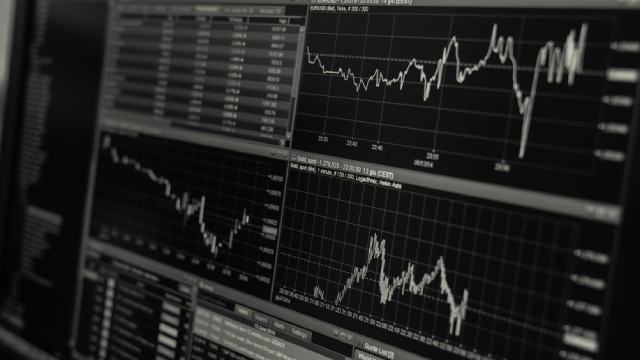
MCHI: Are We Missing The Real Impact Of China's Rare Earth Export Controls?
iShares MSCI China ETF presents a buying opportunity after an overdone market selloff driven by rare earth export control fears. MCHI's holdings are less exposed to China's export restrictions than U.S. equities, which face greater risk from disrupted rare earth supply chains. China's targeted export controls on rare earth elements threaten Western industries more than domestic Chinese companies, supporting the bullish case for MCHI.
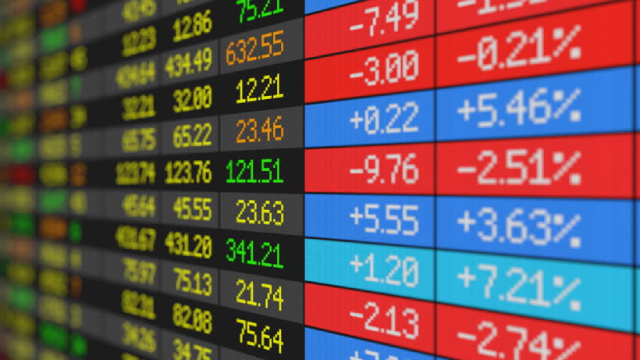
MCHI Has One Thing U.S. Stocks Don't: The Risk Premium
The Chinese stock market offers a significantly higher equity risk premium than the U.S., driven by divergent monetary policies. U.S. EPS expectations remain higher, but monetary policy divergence fuels a notable equity risk premium gap between China and the U.S. Tariffs? I'm not worried. China has shown strong adaptability. Exports to the U.S. have declined, while overall exports have remained stable.
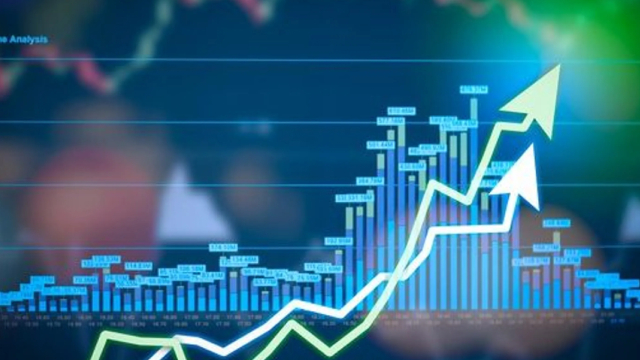
MCHI: A Buy If You Believe In De-Escalation
iShares MSCI China ETF offers broad exposure to Chinese equities, tracking the MSCI China Index, and remains the largest China-focused ETF with over $6 billion in assets. Trump's 'reciprocal tariffs' have triggered a global trade war, with China retaliating, escalating risks for Chinese equities and the MCHI ETF. I believe we now know America's pain point. There is effectively a 'Trump put.'
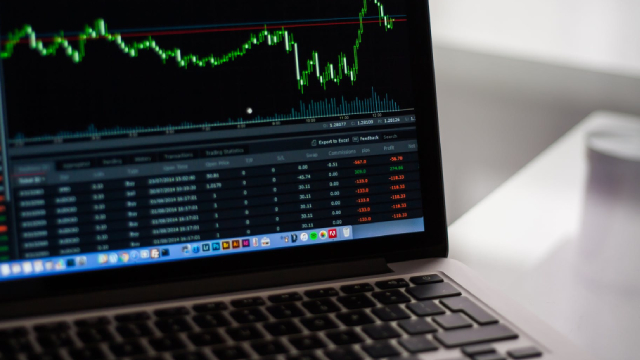
3 ETFs Beating the S&P 500 as Volatility Rises
Markets go through different cycles, both taking on uptrends and downtrends as money needs to exchange hands from sellers to buyers and vice versa. However, there is another cycle that needs to be considered by both investors and traders, and this is the one that can often define the fate of portfolios and retirements moving forward.

MCHI: If This Is A 'Mean Reversion', I'm Choosing Chinese Equities
MCHI, with over $6B in AUM, remains a competitive option for gaining exposure to the Chinese large-cap equity market. The S&P 500 seems to be undergoing a mean reversion process, which, in my view, could benefit Chinese equities. From the analysis of P/E ratios and EPS, one can derive a potential upside for both markets—and according to my calculations, China still offers value.

Final Trade: MO, C, MCHI, NFLX
The final trades of the day with CNBC's Melissa Lee and the Fast Money traders.
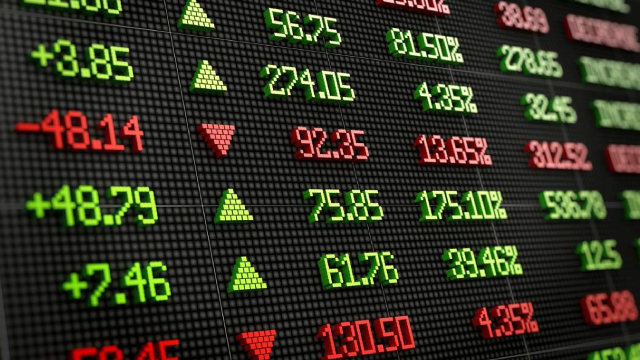
MCHI: 4 Key Lessons From The Past To Remember
The depreciation of the yuan can fuel China's trade surplus, as it did in 2018, due to higher-for-longer Fed rates. The strength of the dollar can enhance China's geopolitical advantage, especially in emerging markets, by stimulating foreign trade, as seen in 2013. Evasive moves aimed at gaining an advantage in the trade balance could fuel the trade war with the US, as seen in the Huawei case in 2019.

MCHI ETF: Beijing's Stimulus Vs. Trump's Tariff Threats
Trump's re-election and tariffs are major concerns for the iShares MSCI China ETF, despite positive impacts from China's economic stimulus. MCHI's performance is heavily influenced by domestic consumption, with consumer cyclicals making up 31% of the ETF. The ETF responded positively to China's stimulus but negatively to Trump's election anticipation, highlighting the importance of monitoring China's economic data.
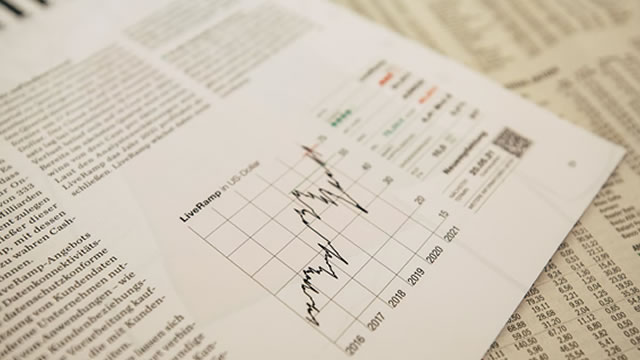
3 Key Stocks to Ride China's Stimulus-Driven Growth
China's economy has struggled in recent months amid a depressed level of consumer confidence and a devastating housing bust coupled with weak credit demand. Late in September—just after the U.S. Federal Reserve announced its first federal funds rate cut in several years—the People's Bank of China unveiled a three-part monetary stimulus program to reduce reserve requirement ratios (the amount of cash banks are required to keep on hand), mortgage rates and down payment requirements, and more.

3 Key Stocks to Ride China's Stimulus-Driven Growth
China's economy has struggled in recent months amid a depressed level of consumer confidence and a devastating housing bust coupled with weak credit demand. Late in September—just after the U.S. Federal Reserve announced its first federal funds rate cut in several years—the People's Bank of China unveiled a three-part monetary stimulus program to reduce reserve requirement ratios (the amount of cash banks are required to keep on hand), mortgage rates and down payment requirements, and more.

Beijing Has ‘Started a Bull Market.' Here's What Stocks to Own.
Louis-Vincent Gave, head of the Hong Kong-based financial services firm Gavekal, says stocks are cheap, with positive momentum, and are now being pushed higher by Beijing.
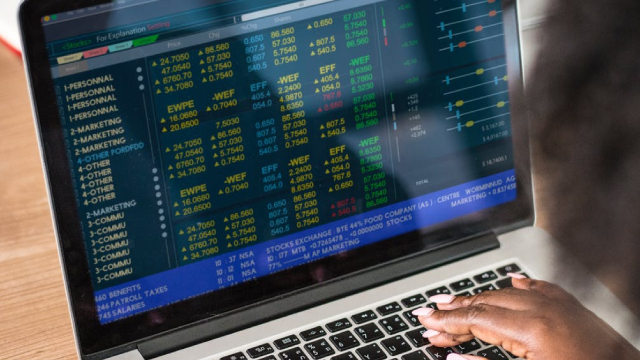
MCHI: Don't Fight The Chinese Government
The MCHI ETF provides broad exposure to 85% of China's market cap. Weak economic data has led to the Chinese government announcing massive stimulus plans aimed at boosting investor sentiment and growth. Despite recent rallies, Chinese stocks remain undervalued compared to global markets, supporting a buy rating for MCHI ETF on pullbacks.







